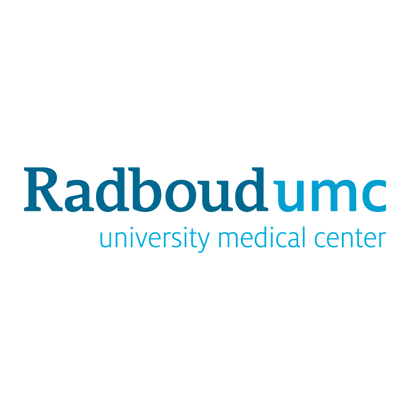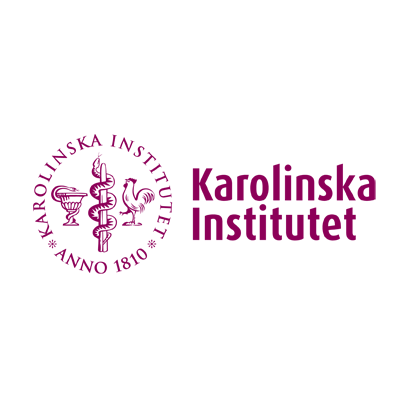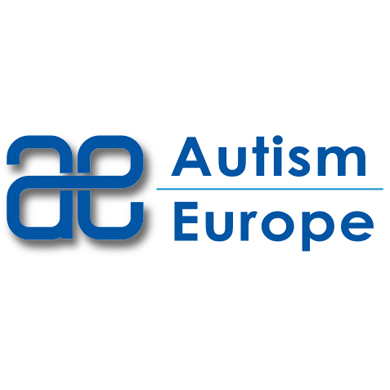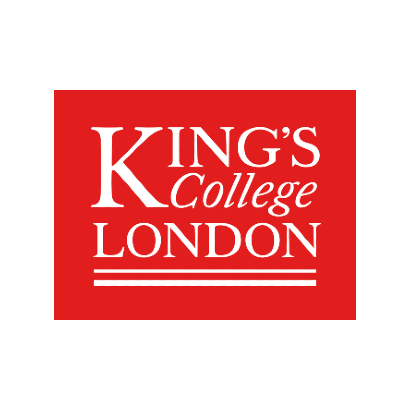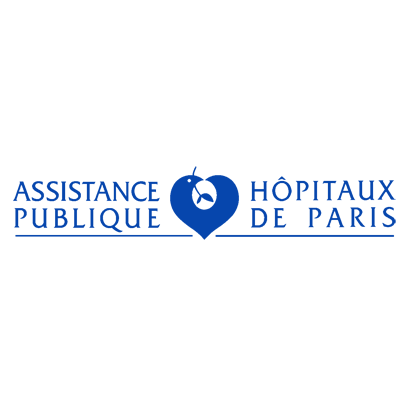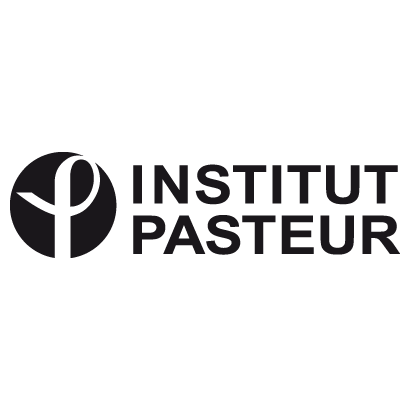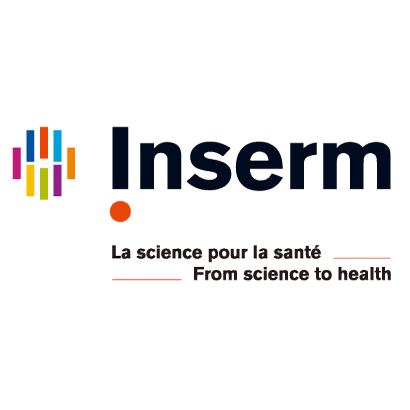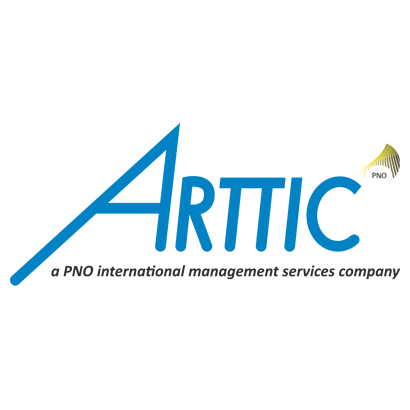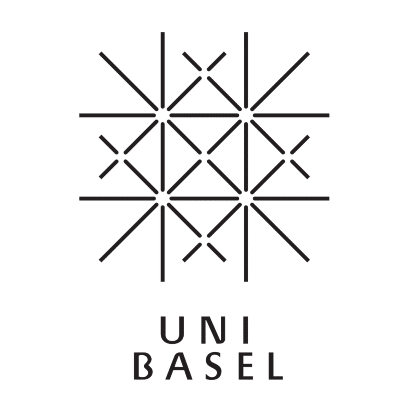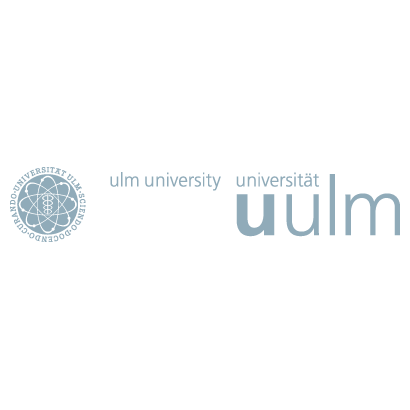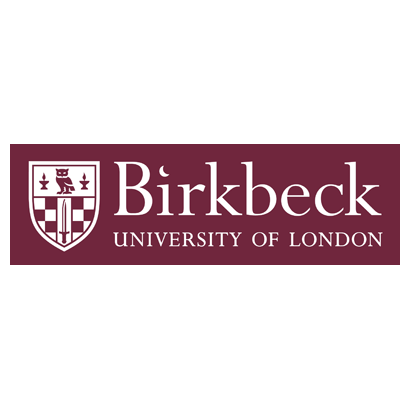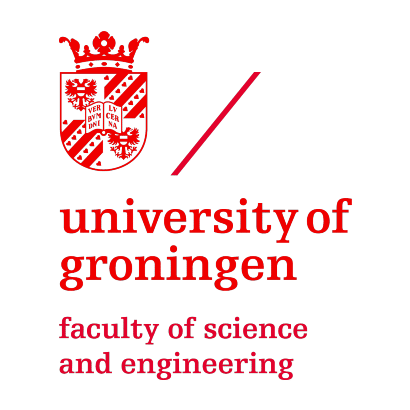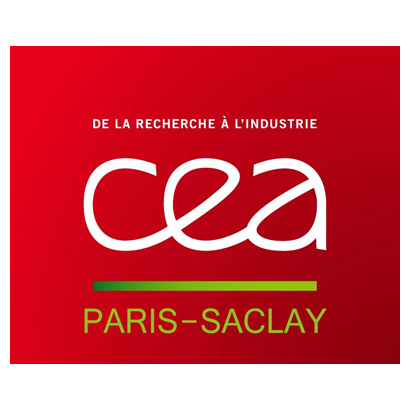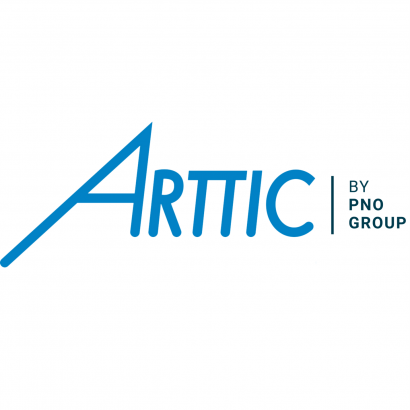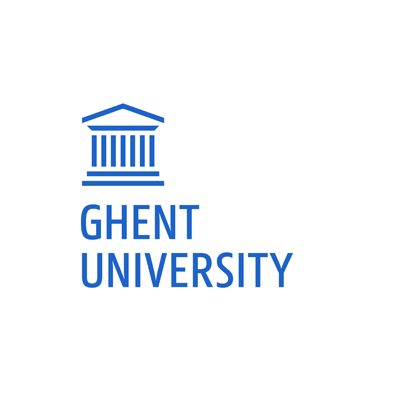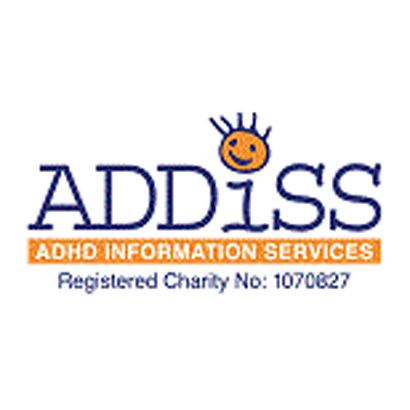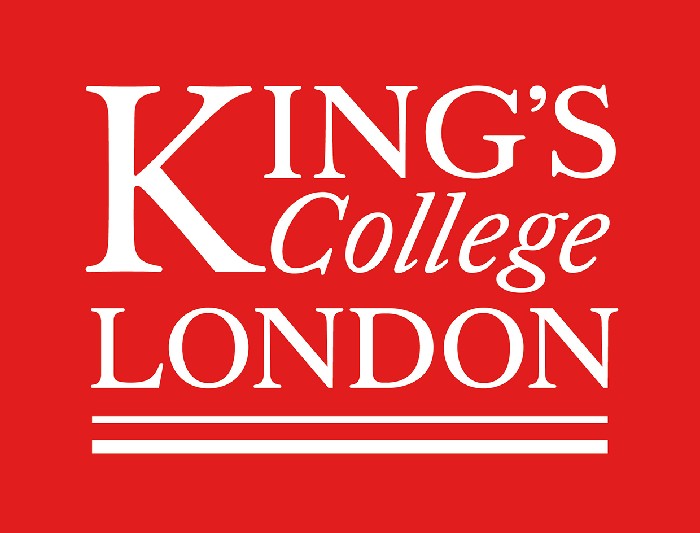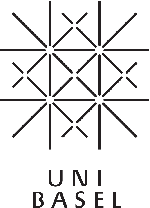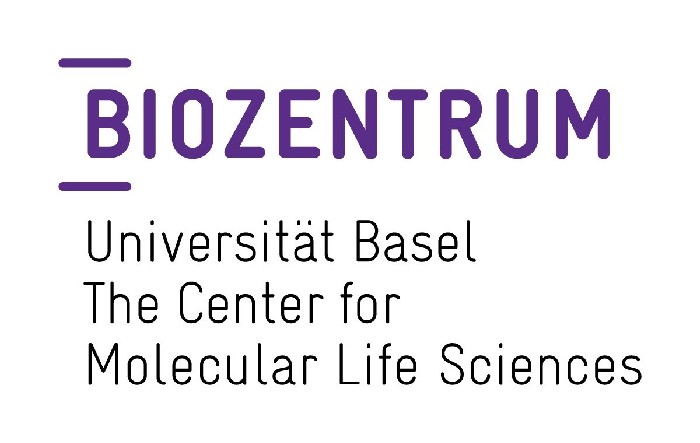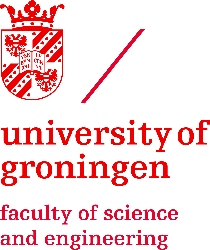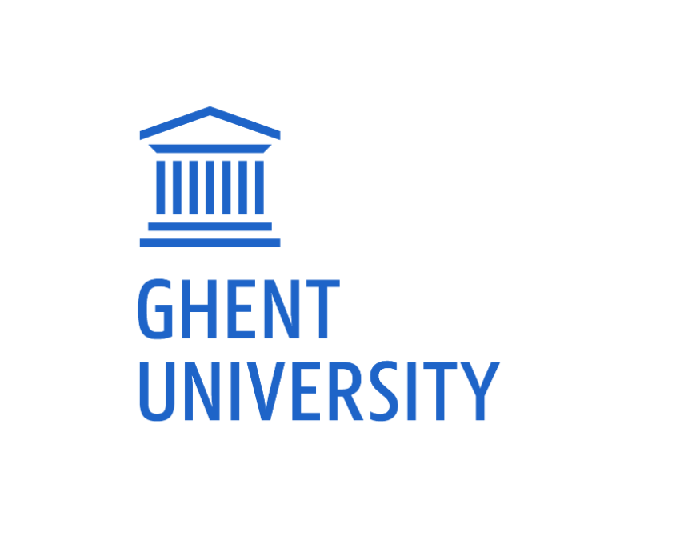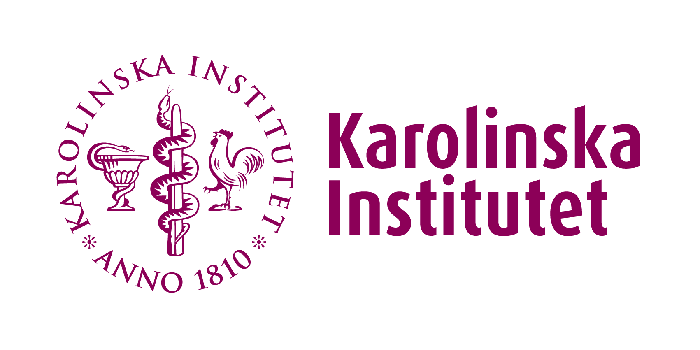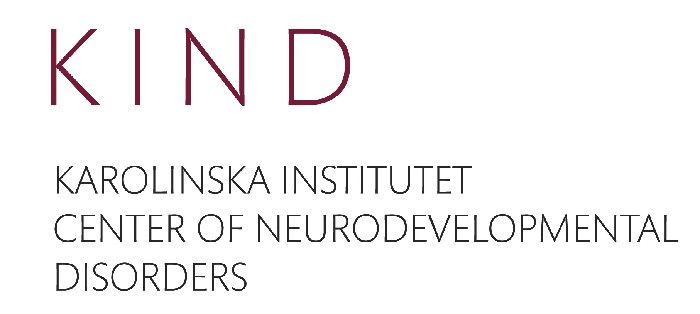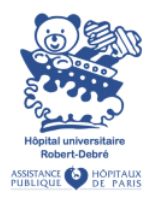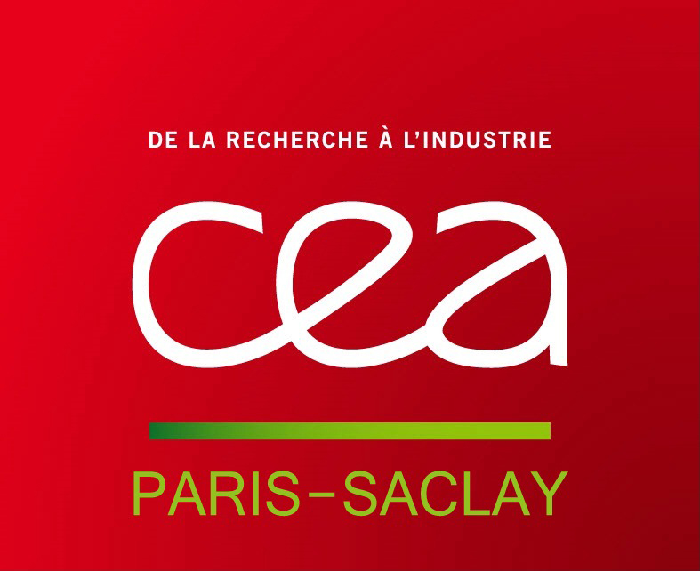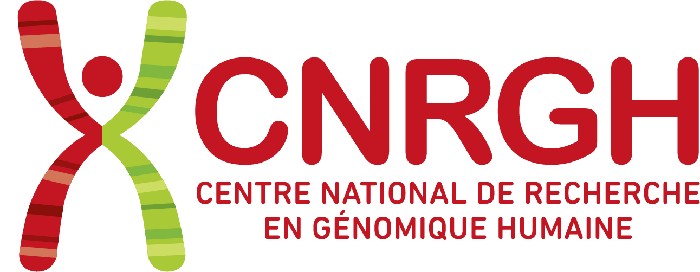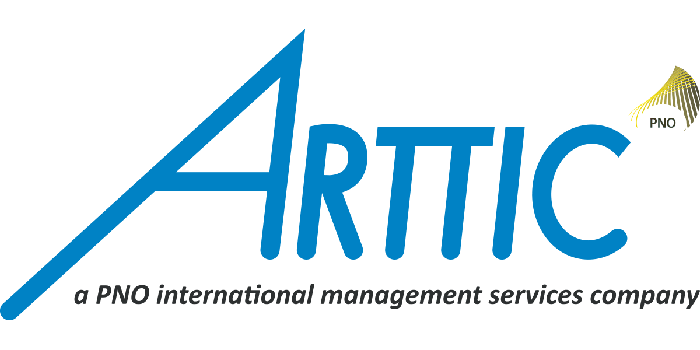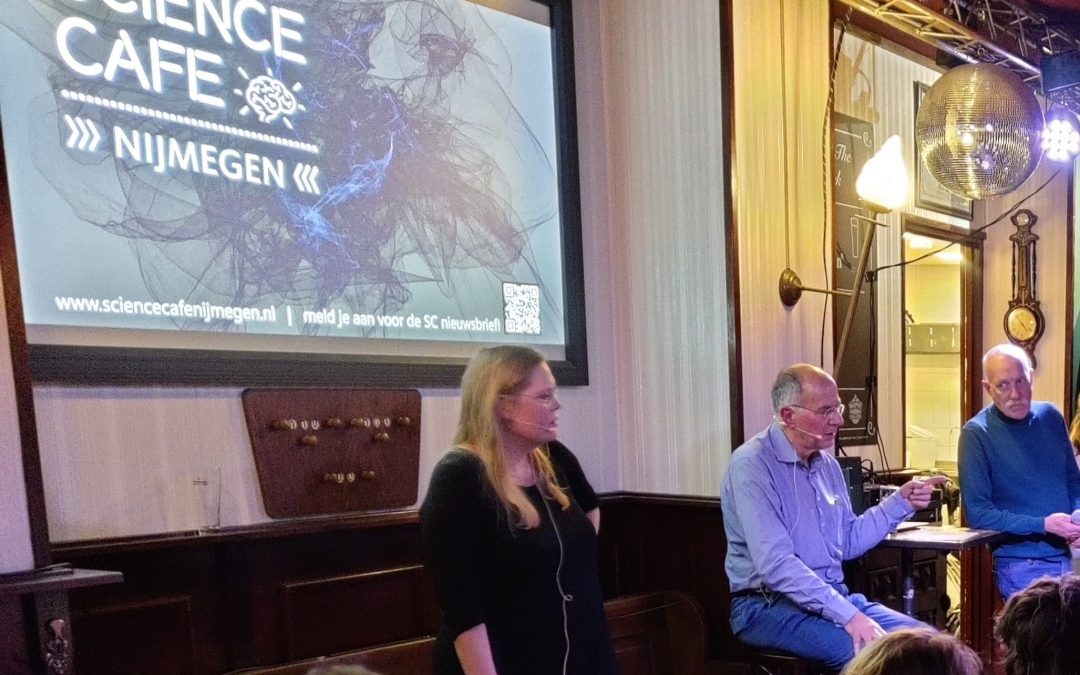The Team
Seventeen partners of six EU-countries and Switzerland are closely collaborating in this international research programme, coordinated by Radboud University in the Netherlands.
Check out #teamCANDY to get to know the people behind CANDY
Radboudumc
Donders Institute for Brain, Cognition and Behaviour, Radboudumc, Stichting Katholieke Universiteit, Nijmegen, The NETHERLANDS
GENERAL INFORMATION
RUMC / Radboud University and the Donders Institute for Brain, Cognition and Behaviour are a leading Dutch institute for medical research, with several groups specialized in top-level clinical care and research in ASD, ADHD, ID and related neuropsychiatric disorders. Over 600 researchers work at the Donders Institute on unravelling the mechanisms underlying normal and altered brain function. Our research includes cognition and behaviour in humans as well as on the neuronal substrate, including the genetic, molecular and cellular processes that underlie cognition and behaviour. We cover the full spectrum of research ‘from Molecule to Man’.
Role in CAndy
Jan Buitelaar coordinates the project and leads ethics, training and the overall project management. Judith Homberg leads the translational method development. Christian Beckmann co-leads data integration, Prediction, Data basing and Statistics. Alejandro Arias Vasquez leads the work on microbiome.
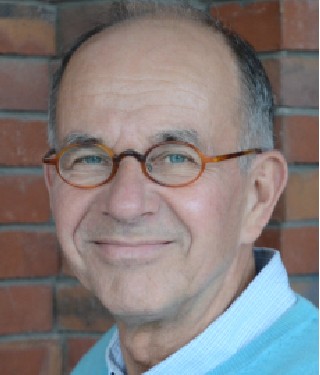
Jan Buitelaar
Professor, Principal Investigator
CANDY Coordinator and RadboudUMC Team lead

Judith Homberg
Professor
Work package lead
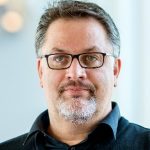
Christian Beckmann
Professor
Work package co-lead
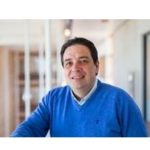
Alejandro Arias Vasquez
Work package co-lead
Jurriaan Zwier
Grant manager
King’s College London
King’s College London, London, United Kingdom
General information
King’s College London is one of the top 30 universities in the world (2011/2012 QS international world rankings), the Sunday Times ‘University of the Year 2010/11’ and the fourth oldest in England. A research-led university based in the heart of London, it has nearly 23,500 students from 150 countries and approximately 6,000 employees. King’s has an outstanding reputation for providing world-class teaching and cutting-edge research. The university is in the top seven UK universities for research earnings and has an overall annual income of nearly £525 million.
The Institute of Psychiatry, Psychology & Neuroscience (IoPPN) – a School of King’s College London – is Europe’s largest centre for research and postgraduate education in psychiatry, psychology, basic and clinical neuroscience. IoPPN is world-renowned for the quality of its research and, for psychiatry and psychology, is the most cited research centre outside the US and the second most cited research centre in the world – as ranked by Thomson ISI Essential Science Indicators. In the 2014 Research Excellence Framework it was judged to have the second highest research power in the UK for Psychology, Psychiatry and Neuroscience, and the impact of its work was 100% world leading or internationally excellent, and its research environment judged as 100% world leading. Its world-class research-led learning experience attracts the very best students from around the world who enjoy unrivalled learning opportunities –supported by strong partnerships with NHS trusts, industry and healthcare organisations.
King’s is also the highest-ranking University in autism research in the world, based on the total number of published articles, h-index and total citations.
Role in CANDY
King’s leads the CANDY PIP study and is a partner in the translational test battery development and the Multiplex study.
The Preschool Imaging Project (PIP) follows preschoolers with autism, ADHD, Developmental Delay, epilepsy and typical development from around 3 to 6 years identify markers that can predict individual children’s clinical trajectories.
The project combines comprehensive clinical assessment, neurocognitive touch screen tasks, eye-tracking, EEG, inflammatory and microbiome markers, and MRI scanning during natural sleep. The project is co-funded by AIMS-2-TRIALS and CANDY.
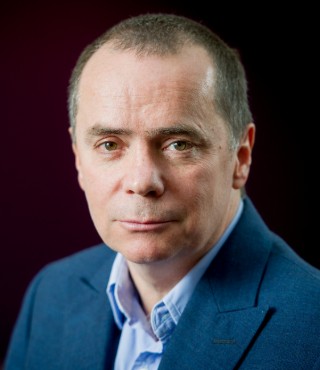
Declan Murphy
Professor
Work package lead
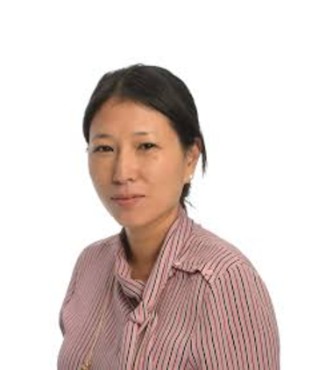
Eva Loth
Senior Lecturer
Lead of CANDY-PIP
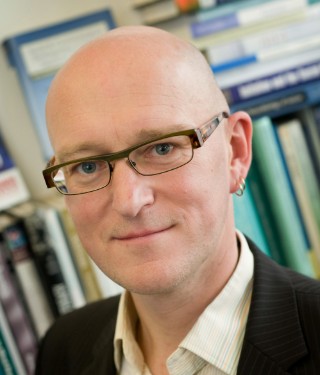
Tony Charman
Professor
Institut Pasteur
Institut Pasteur, Paris, France
General information
The Institut Pasteur is a prestigious non-profit private foundation dedicated to the prevention and treatment of diseases. The multidisciplinary nature of the Paris campus is one of its major strengths. This wide subject coverage encourages cross-discipline collaboration, innovative approaches to emerging scientific questions and experimental approaches. Core facilities are also important components of the institute and make a major contribution to cross-discipline interactions. The Pasteur institute houses core facilities accessible to all researchers (among which functional genomics centre for proteomics, transcriptome and genotyping analysis).
The “Human Genetics and Cognitive Functions” laboratory is part of the Institut Pasteur. It is composed of 21 members (1 professor, 3 researchers assistant, 1 psychiatrist Ph.D., 1 Cytogeneticist, 1 psychologist, 5 scientific Ph.D. students, 3 Post-doctoral fellows, 2 computer engineers, 1 molecular biology engineer, 2 technicians and 1 Master student; gender: 10 males and 11 females). This unit, led by Prof. Thomas Bourgeron, gathers geneticists, neurobiologists and psychiatrists and is studying the genetic susceptibility to neurodevelopmental conditions.
Role in CANDY
Thomas Bourgeron leads the work on human genomics, data integration, prediction, data basing and statistics. His team will provide the genetic profile of the CANDY project participants in order to identify shared vs. specific risk alleles for autism, ADHD, ID or epilepsy. He will lead data management in order (i) to store the data using FAIR principles, (ii) to run the statistical analyses and (iii) to implement data from other projects in order to confirm and replicate the findings obtained by CANDY project. Florence Campana is the scientific lead/product owner of the datalake OWEY, which will host CANDY data at the Institut Pasteur. Working with the researchers and the Institut Pasteur IT and legal, ethics teams, she designs the new functionalities in OWEY that will enable to achieve the scientific and data management goals, in compliance with the GDPR.
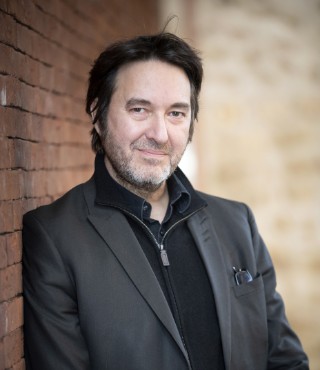
Thomas Bourgeron
Professor
Work package lead
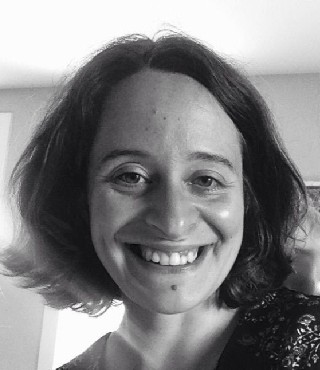
Florence Campana
Scientific Lead of OWEY
Product Owner
University of Basel
University of Basel, Biozentrum, Basel, Switzerland
General information
The Biozentrum is the largest department at the University of Basel’s Faculty of Science. The primary focus of this interdisciplinary institute is basic molecular and biomedical research and teaching. The Biozentrum holds a leading position nationally and internationally and closely networks with partners from the academic world. The proximity to the headquarters of major pharmaceutical companies in Basel (including Roche, Novartis) greatly facilitates close integration and collaborative efforts with industry.
Role in CANDY
We will characterize a genetic rodent model recapitulating loss of function in the gene PTCHD1, a mutation predisposing to intellectual disability, autism and ADHD in affected people. We will probe the function of this little-characterized gene and examine developmental critical periods and interventions.
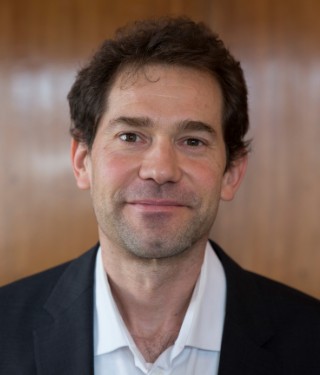
Peter Scheiffele
Professor of Cell and Developmental Biology
Charlotte Czernecki
PhD student
University of Groningen
University of Groningen, Groningen, The Netherlands
General information
The University of Groningen (RUG) has an international reputation as a dynamic and innovative centre of higher education offering high-quality teaching and research. Balanced study and career paths in a wide variety of disciplines encourage the 30,000 students and researchers to develop their own individual talents. Belonging to the best research universities in Europe and joining forces with prestigious partner universities and networks, the University of Groningen is truly an international place of knowledge. The Groningen Institute for Evolutionary Life Sciences is a research institute within the Faculty of Science and Engineering of the University of Groningen. The institute bridges the gap in research and education between the mechanistic, ecological and evolutionary studies of biological processes, with a special focus on the adaptive potential of life.
Role in CANDY
Prof. Kas will lead the work in animal modelling. RUG will examine developmental trajectories of sensory processing in cortical microcircuits of rodent models, to apply specific loss-of-function approaches, and electrophysiological (EEG), molecular, and behavioural read-outs to probe developmental alterations that can be translated for stratification of humans, and experimentally target synaptic alterations in view of therapeutic efficacy.
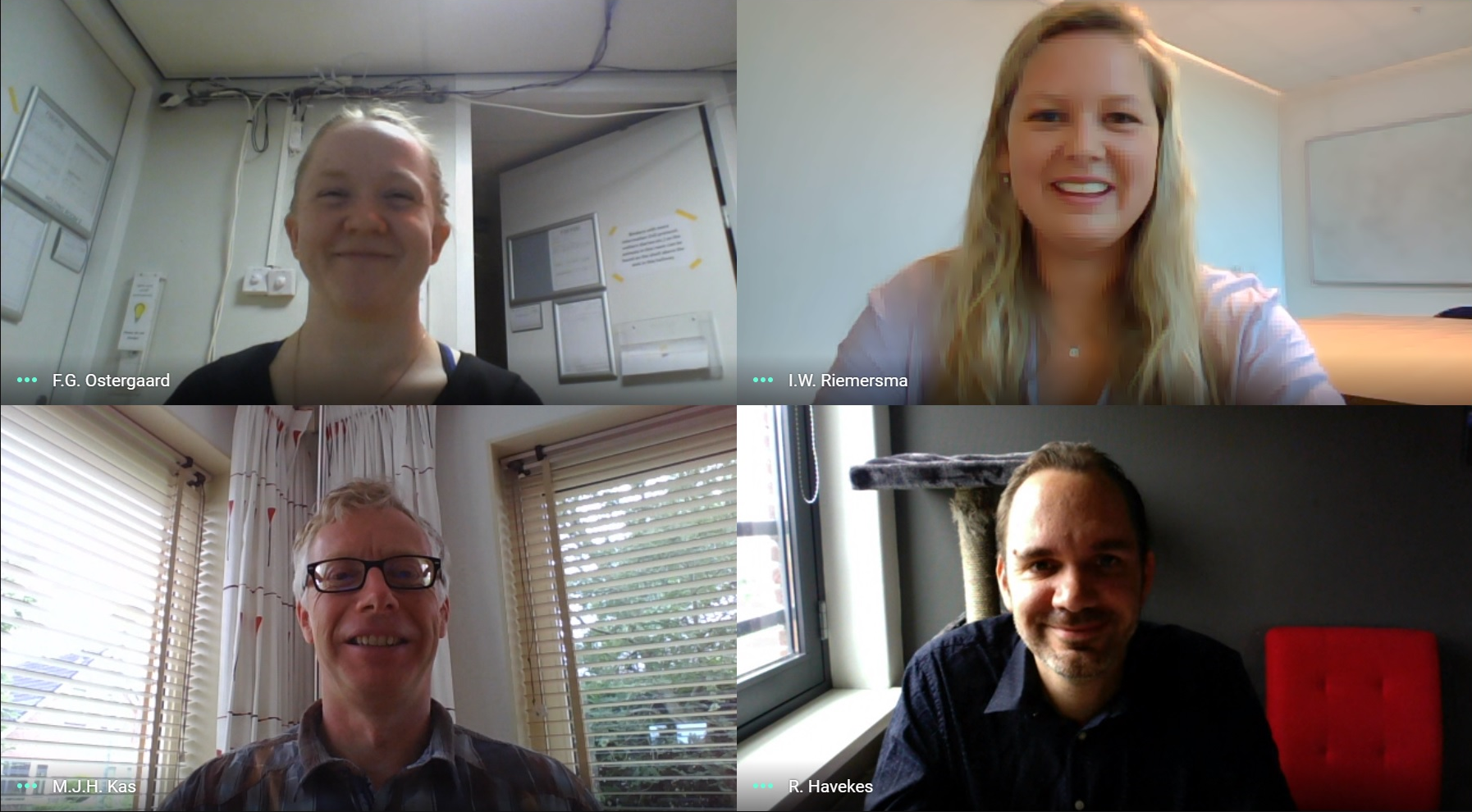
A corona-proof picture of the CANDY team from the University of Groningen
Robbert Havekes
Assistant professor
Freja Ostergaard
Postdoc
Iris Riemersma
PhD student
Ghent University
Ghent University, Gent, Belgium
General information
- Ghent University is a top 100 university and one of the major Belgian universities counting over 46,000 students and 15,000 employees.
- Located in Flanders, the Dutch-speaking part of Belgium and the cultural and economical heart of Europe, Ghent University is an active partner in national and international educational, scientific and industrial cooperation.
- With a view to cooperation in research and scientific service, numerous research groups, centres and institutes have been founded over the years. Several of them are renowned worldwide, in various scientific disciplines.
- We distinguish ourselves as a socially committed and pluralistic university in a broad international perspective.
Role in CANDY
UGent will participate in the CANDY PIP study. It will involve young children with developmental delay or ADHD. We will follow them for around three years, collecting data on behaviour, cognition and brain development. UGent will also participate in the Multiplex family (families with more than one person with a developmental condition) with a focus on genetics.
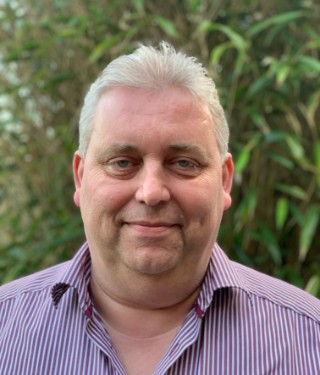
Herbert Roeyers
Head Research in Developmental Disorders Lab (RIDDL)
Ellen Demurie
Study co-ordinator
Sarah Schaubroeck
PhD student
Karolinska Institutet
Karolinska Institutet, Center of Neurodevelopmental Disorders at Karolinska Institutet (KIND), Stockholm, Sweden
General information
KI is one of the world´s highest ranked medical universities. Its mission is to contribute to the improvement of human health through research and education. Karolinska Institutet accounts for over 40 per cent of the medical academic research conducted in Sweden. Since 1901 the Nobel Assembly at Karolinska Institutet has selected the Nobel laureates in Physiology or Medicine. The Center of Neurodevelopmental Disorders at KI (KIND) is a leading clinical research center and incubator for translating basic and applied research into clinical practices in neuropsychiatry. It employs 40 researchers with 10 different professional backgrounds from 11 countries covering multidisciplinary and broad expertise in autism spectrum disorder and other neurodevelopmental conditions.
Role in CANDY
KI will be involved in the Longitudinal Preschool Study (CANDY PIP) and the Multiplex family study.
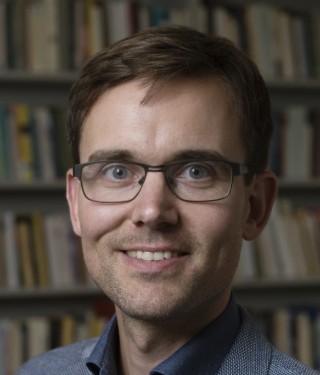
Terje Falck-Ytter
Senior Researcher
Site PI
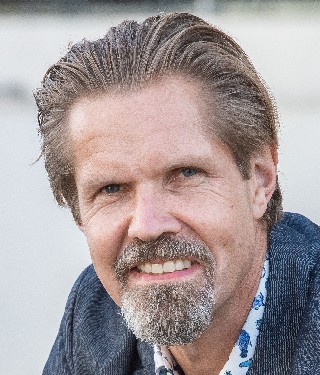
Sven Bölte
Professor
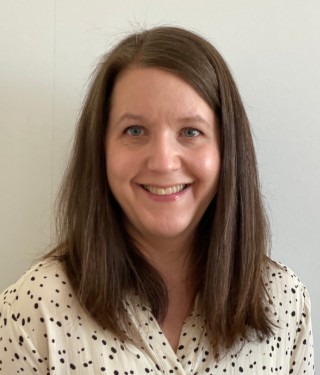
Anna Hellquist
Research Coordinator
Assistance Publique – Hôpitaux de Paris
Assistance Publique – Hôpitaux de Paris, Paris, France
General information
The Assistance Publique – Hôpitaux de Paris (AP-HP) is a university hospital with an international dimension. The 39 hospitals attended each year 8 million sick people. In France, half of clinical research is carried out in hospitals of the AP-HP. First University Hospital in France and largest producer of scientific publications, the AP-HP is in direct contact with epidemiological developments, medical, scientific and organizational.
Role in CANDY
APHP will be involved in the clinical research platform for Neurodevelopmental Conditions. Specifically, APHP will participate in the first longitudinal preschool study that follows 600 children with established Neurodevelopmental Conditions, and typically developing controls. The goal is to specifically target shared vs distinct biological mechanisms that determine outcome (e.g. why one child with autism or ID subsequently develops ADHD but another does not).
APHP will also be involved in the task aiming to identify rare and common risk factors for Neurodevelopmental Conditions (i.e. autism, ADHD, ID and epilepsy), and to ascertain the impact of the risk alleles on intermediate biochemical, neurobiological and cognitive traits and perform genetic stratification analyses. APHP will specifically be involved in the recruitment of 60 multiplex families (defined as families with one child with autism, and at least one other child with autism, ID, or ADHD, when possible unaffected siblings will be recruited) – i.e. the Multiplex family study.
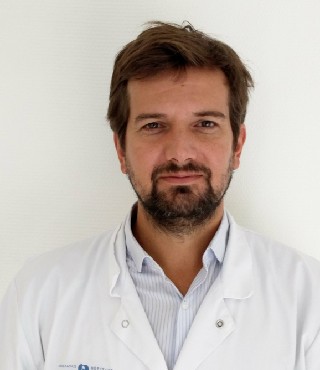
Richard Delorme
Professor, Head of Child and Adolescent Psychiatry
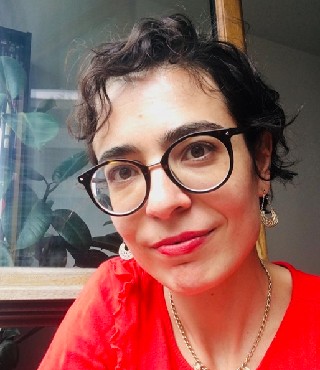
Anna Maruani
MD, PhD
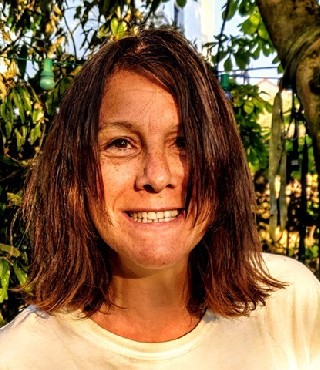
Frederique Amsellem
Psychologist
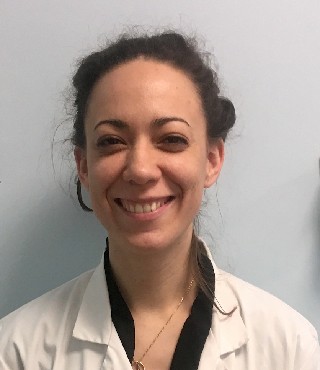
Aline Lefebvre
MD, PhD
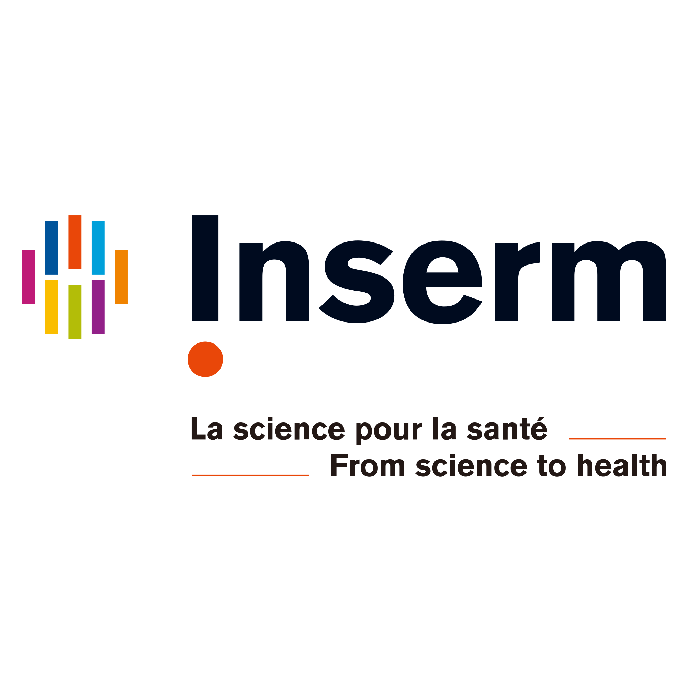
INSERM
INSERM, Mondor Institute of Biomedical Research, Créteil, France
General information
Founded in 1964, the French National Institute of Health and Medical Research (Inserm) is a public scientific and technological institute which operates under the joint authority of the French Ministry of Health and French Ministry of Research.
INSERM U955, INSTITUT MONDOR DE RECHERCHE BIOMÉDICAL (IMRB)
The “Institut Mondor de Recherche Biomédicale” (IMRB) belonging to Inserm and Paris Est Créteil University is located in Henri Mondor hospital and school of Medicine. It hosts 18 Inserm research teams among which the laboratory “Translational Psychiatry” (head Marion Leboyer) which will be in charge of the analysis of immuno-inflammatory markers in the CANDY project.
Role in CANDY
Marion Leboyer leads the work on inflammation and microbiome mechanisms. Given the importance of immune dysfunction, we will assess inflammation/immune as well as microbiota in all our animal models and human samples, i.e. our new preschool cohort and existing EU-AIMS LEAP and South Africa cohorts WP4, map these measures on clinical variables, and examine the correlation between microbiota, metabolomics, immunogenetics. The aim being the identification of homogeneous subgroups of affected people, and deliver biomarkers for early diagnosis, stratification, prevention and treatment monitoring.
Marion Leboyer
Head of Department
Work package lead
Ryad Tamouza
Team Leader
Universität Ulm
University of Ulm, Institute of Anatomy and Cell Biology, Ulm, Germany
General information
Ulm University is one the best young universities (<50 years) nationally and worldwide. The Boeckers lab focusses on the molecular structure and plasticity of postsynaptic densities for about 20 years now. In this context, we cloned and characterized several PSD molecules -including the Shank family of postsynaptic proteins- that have been shown to be mutated in monogenetic cases of autism spectrum disorders (ASDs). We analyze the function of the PSD molecules in different model system including primary neuronal culture, transgenic/KO mouse lines and human neuronal cells that we generated from autism patient’s iPS cells. In cooperation with the Neurology Clinic at Ulm University, he established an outpatient clinic for Phelan-McDermid (22q13.3 deletion syndrome) patients that enables the lab to successfully start and perform translational research activities.
Role in CANDY
Within this consortium we will work on genetic models of autism and especially focus on sensitive time windows as well as the influence of environmental factors on the severity of core symptoms as well as comorbidities of neuropsychiatric disorders.
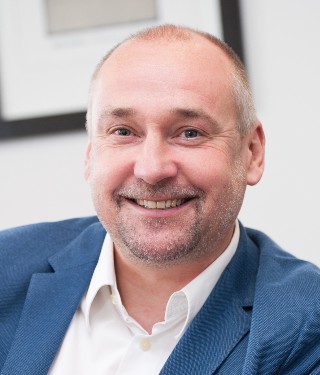
Tobias Böckers
Head of the Institute
French Alternative Energies and Atomic Energy Commission
CEA PARIS-SACLAY, Etablissement de Saclay, Gif-sur-Yvette, France
General information
The French Alternative Energies and Atomic Energy Commission (Commissariat à l’énergie atomique et aux energies alternatives, CEA)) is a public government-funded research organisation working in the areas of energy, defense and security, information technologies and health technologies.
The National Human Genome Research Center (CNRGH) is part of the Institut de Biologie François Jacob (IBFJ) within the Fundamental Research Division (DRF) of the CEA. The CNRGH’s main objective is to advance research of the genetics/genomics of human diseases through internal and collaborative research programs. For this purpose, the CNRGH has developed a number of state-of-the-art genomics technology platforms and laboratories for the management of biological resources, for discovery of disease genes and biomarkers, and for follow-up studies using various approaches including functional genomics.
Role in CANDY
The main involvement of the CEA-CNRGH will be in identifying causative mutations or deleterious variants underlying the risk for neurodevelopmental conditions. The CEA-CNRGH’s high-throughput sequencing platform will allow to perform a whole-genome sequencing on approximately 100 multiplex families (450 individuals in total). The experience of CEA-CNRGH in high-throughput sequencing and subsequent data analysis will both contribute to the success of the genomics component of the CANDY project.
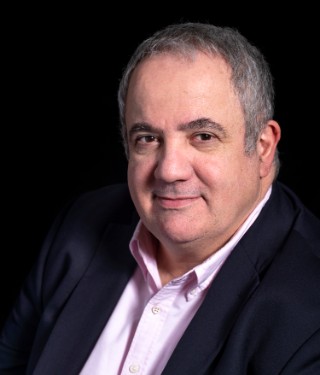
Jean-François Deleuze
Director of CNRGH
Anne Boland
CNRGH Project Manager
Robert Olaso
Head of Sequencing lab
Vincent Meyer
Head of Bioinformatics
Steven McGinn
European Project Manager
ADD Information Services
ADDISS, Colindale, United Kingdom
General information
ADDISS is a national UK patient organisation that provides information and support to families across the UK on all matters relating to ADHD and behaviour. ADDISS also shares information with patient organisations internationally and frequently responds to patient requests from many European countries. Currently ADDISS acts as the secretariat for ADHD Europe the Umbrella Patient organisation. ADHD Europe consists of over 26 member organisations from 23 countries in Europe. Organisation for ADHD.ADHD Europe exists to advance the rights and dignities, and advocate for all those affected by ADHD (and coexisting conditions) across Europe.
ADHD Europe has a vision for an inclusive European community, where people affected by ADHD can experience well-being and achieve their potential, and can also contribute to the well-being of their community and wider society. ADHD Europe represents the voices of national and regional ADHD organisations from across Europe. Our members are made up of NGOs (Non-Governmental Organisations), Charities, Family Support Groups, and other grass roots organisations, who share similar aims and agendas. Other fields of activity are in the areas of public and professional education, rights of individuals and their families, support for, and participation in, scientific research with particular emphasis on early intervention.
Role in CANDY
Andrea Bilbow will co-lead the work on dissemination, communication, exploitation and IPR. In CANDY project, ADDISS/ADHD Europe will contribute to support with a strategy for dissemination and communication, but they will also give input across all work packages ensuring the patient voice is heard.
With its contacts across Europe, ADDISS will be able to disseminate outcomes for the project through all its patient organisations, their websites, through social media where we have a very strong presence and through conferences which we hold throughout Europe. We can facilitate real life application of educational tools and apps.

Andrea Bilbow
CEO
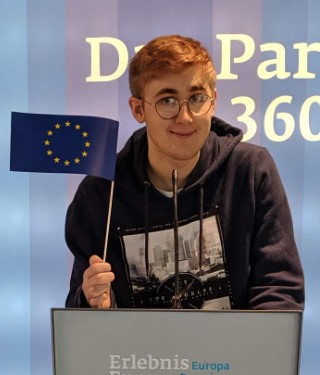
Viljo Wilding
Tech Lead
Autism-Europe
Autism-Europe, Brussels, Belgium
General information
Autism-Europe aisbl is an international association whose main objective is to advance the rights of autistic people and their families and to help them improve their quality of life. It ensures effective liaison among almost 90 member autism organisations from 38 European countries, including 25 Member States of the European Union, governments and European and international institutions. AE plays a key role in raising public awareness and in influencing the European decision-makers on all issues relating to autism.
This is achieved through:
- Representing autistic people towards all European institutions and decision-makers
- Promoting awareness on the appropriate care, education, and well-being of people on the autism spectrum
- Promoting the exchange of information, good practices and experience.
Role in CANDY
Autism-Europe will co-lead the activities in dissemination and communication, and contribute to ethics and training.
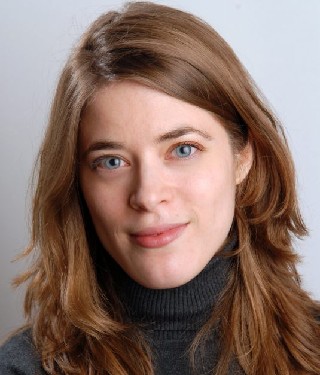
Aurélie Baranger
Director
Noldus Information Technology
Noldus Information Technology, Wageningen, The Netherlands
General information
Noldus Information Technology (www.noldus.com) is an SME that specializes in developing innovative solutions for the measurement of behaviour in a wide variety of domains, including both animal models and human subjects with ASD, ADHD, and other neurodevelopmental disorders. Its first product, The Observer®, a spin-off from the founder’s Ph.D. research, has an estimated number of 20 000 users worldwide. The company is about 30 years old and has 160 employees worldwide. In addition to its headquarters in the Netherlands, it has offices in 8 other countries. Our core business is selling complete solutions for our customers, supporting their research, consisting of integrations of our own software and hardware together with that of our suppliers and partners. Our expertise is in professional software and hardware development, computer vision, tracking technology, data integration, synchronization techniques, sensor fusion, machine learning, audio-video technology and behavioural methods. We have over 10,000 customers in 100 countries, working in human factors & usability, psychology, neuroscience, ethology, zoology, pharmaceutical development, health and medicine, market research and consumer behaviour.
Role in CANDY
Noldus will develop innovative new software for measuring animal behaviour, especially for real-time integration and synchronization of location-based behaviours and physiology including research into new techniques to accurately and robustly measure freezing behaviour, stress and anxiety.
Noldus’ team have outstanding expertise in development of research grade behavioural measurement tools with skills including behavioural sciences, professional software engineering, machine learning, sensor fusion, computer vision, data synchronization and integration, as well as the sales and marketing skills to bring the products onto the market, thus maximising the project’s impact.
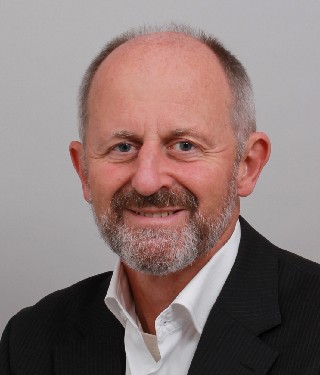
Lucas Noldus
CEO
ARTTIC
ARTTIC, Paris, France
General information
ARTTIC assists clients from all business and research sectors, small and large, private and public, to ensure the success of their collaborative research & innovation ventures. During close to 32 years of success, ARTTIC developed and demonstrated expertise in the set-up and management of to date 400 large-scale ambitious projects of which 96 were successful under H2020 calls. Based on its long-standing experience in a range of funding programmes across scientific and technological domains, ARTTIC helps clients to move from strategic plans to effective competitive research and development of innovative solutions, resulting in successful applications and businesses. ARTTIC is a company of the PNO Consultants group, the European leader for consultancy in innovation and funding.
Role in CANDY
ARTTIC is responsible for maintaining the SharePoint data sharing platform for CANDY and other management and communication tools for CANDY.
Annette Ringwald
Managing Director and Senior Consultant
Birkbeck, University of London
Birkbeck, University of London, London, United Kingdom
General information
Birkbeck is a research-intensive university. The Department of Psychological Sciences is rated in the top 5 in the world for citation impact in the field. CBCD has suites of neuroimaging and testing facilities optimised for infants and toddlers, and is world-renowned for its research, twice being named a Marie Curie Centre of Training Excellence.
Role in CANDY
Birkbeck will lead the development and implementation of measures of brain imaging and visual attention that are designed to produce robust data across multiple sites. Specifically, we have developed an age-appropriate selection of tasks that measure how the child’s brain responds to sights, sounds and touch. We will use electroencephalography (EEG) to measure responses to these tasks. We also use eyetracking to measure what children look at in a selection of tasks designed to test the child’s attention skills, social interest and cognitive abilities. Birkbeck will be responsible for leading the development and analysis of this data.
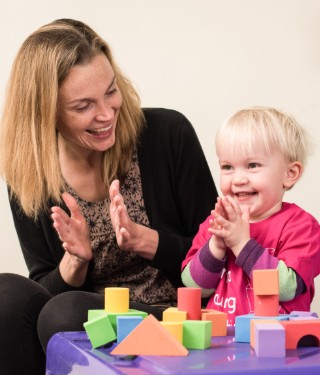
Emily Jones
Professor of Psychology
ARTTIC Innovation GmbH
AI, Munich, Germany
General information
ARTTIC Innovation GmbH is a spin-off of ARTTIC SAS, which has successfully been managing large-scale research and innovation projects since its foundation in 1987. In close to 33 years of company history, ARTTIC set-up and managed more than 400 projects in EU funding programmes from FP 2 to Horizon 2020. ARTTIC Innovation GmbH builds on this experience and bundles the company’s activities in Germany, which have been built and continuously strengthened since 2006.
The service offer comprises provision of hands-on support, competent advice, and added value services all along the innovation life cycle: from the definition of a project idea and -concept, the identification of a suitable funding scheme and the proposal development, to the management of the project and the dissemination and exploitation of the project results. Support for the newly introduced R&D tax credit scheme (Forschungszulagengesetz) introduced in Germany on 1st January 2020 is seamlessly integrated in the company with relevant expertise from the local and national innovation instruments to the large international collaborative undertakings.
ARTTIC SAS and ARTTIC Innovation GmbH are subsidiaries of the PNO Group, one of the biggest consultancy companies for publicly funded research and innovation projects.
Role in CANDY
AI shares the duty of the Project Office with the Coordinator and supports the consortium in the daily management and in administrative and contractual tasks. AI aims at simplifying the contractual and administrative work requested from the researchers as much as possible. AI leads the tasks on project communication, dissemination, IPR management and exploitation activities.
Chloé Scordel
Consultant
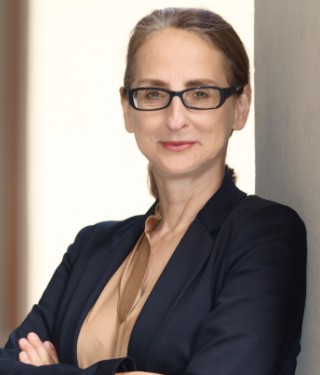
Claudia Speiser
Senior Consultant

